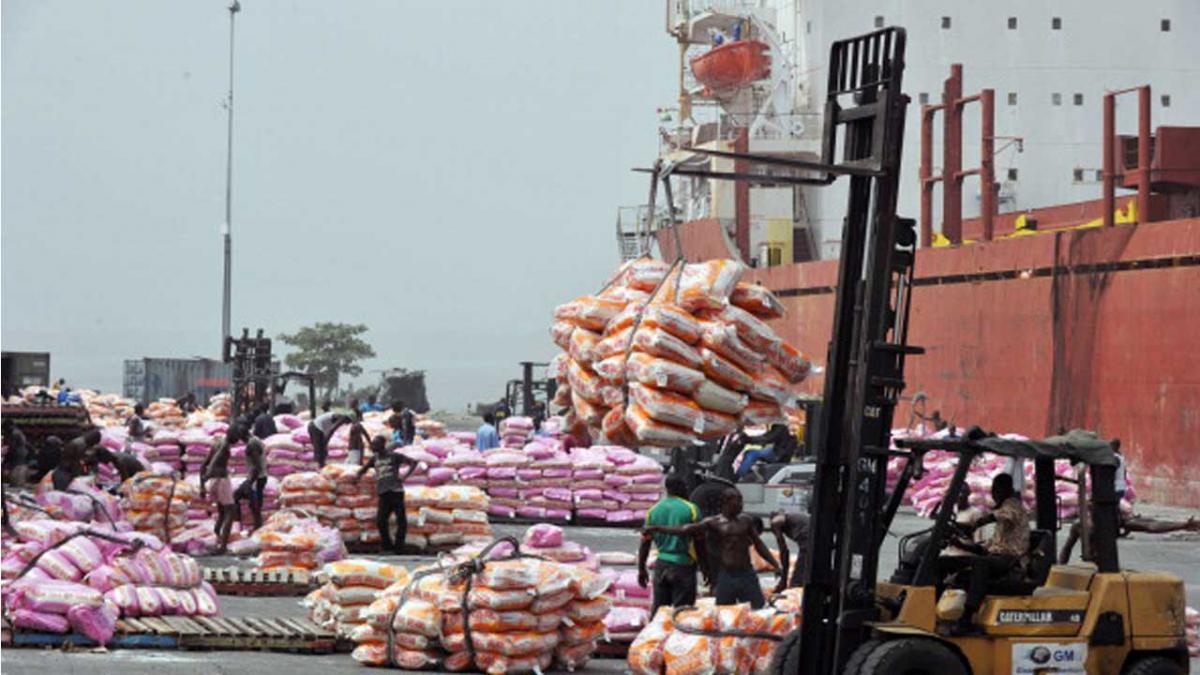There are no products in your shopping cart.
| 0 Items | £0.00 |


NIGERIA'S food import bill during the first nine months of 2021 totalled $1.68bn according to data just released by the Central Bank of Nigeria (CBN) as limited processing facilities led to the widespread importation of several items.
In a report on sectoral utilisation of foreign exchange for the third quarter of 2021, the CBN revealed that the sum was spent importing food between January and September last year. According to the CBN, the government spent $163.60m, $197.73m and $171.05m in January, February and March, respectively, while $156.30m, $135.72m and $213.58m were spent in April May and June, respectively importing food.
Furthermore , the report revealed that $184.69m, 188.88m and 271.59m was spent in July, August and September, respectively on food imports. At a recent Bankers’ Committee retreat in Lagos, CBN governor Godwin Emefiele, said that this bill could be cut as Nigeria has the capacity to produce enough to feed its citizens.
Mr Emefiele said: “We believe that Nigeria can feed itself and Nigeria can produce what to eat. Everything needs to be done for us to move away from a situation where everything is imported.
“We need to get to a stage where we bring our manufacturing industries back to life again. For us to say that there is sustainable, inclusive growth in the country, we, as banks, working with government must do everything possible to diversify the Nigerian economy.
“We have to do everything possible to reduce the rate of unemployment in the country. We will do everything possible to reduce the rate of poverty in our country.”
He added that if the country is able to diversify her economy, reduce unemployment and poverty, the level of insecurity in Nigeria will reduce. Mr Emefiele said Nigerian banks had done a lot to support the economy and would still do more to catalyse the economy for growth.
Furthermore, he said the banks would increase credit to the economy, noting that there were companies that were ready to conduct credible business but did not have the capital. According to Mr Emefiele, the CBN recently unveiled its 100 for 100 policy on production and productivity to engender growth and employment.
Under the programme, targeted credit of up to N5bn will be provided to 100 firms every 100 days, provided they are investing in greenfield projects. Mr Emefiele said the projects would be assessed based on their ability to generate significant employment opportunities in critical sectors for the economy, adding that eligible firms would be made to show evidence of their efforts to harness available local raw materials towards the realisation of their intended investment.
In addition, Mr Emefiele said the bank remained committed to supporting eligible firms with foreign exchange to import machinery and equipment. He noted that routine audits would be conducted on firms that receive funding, to ensure that they are complying with the terms of the programme.